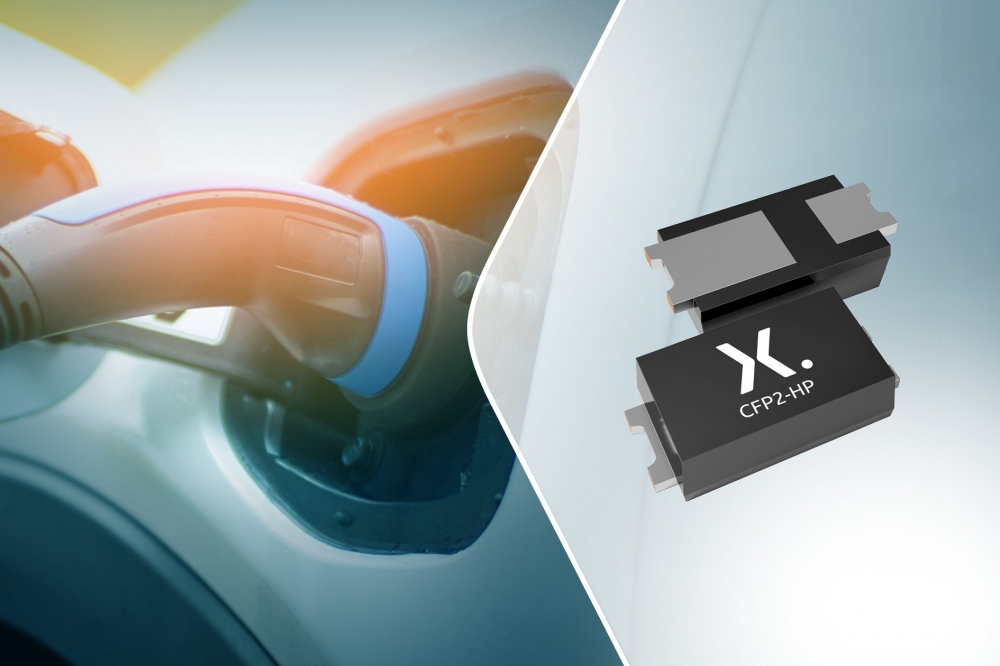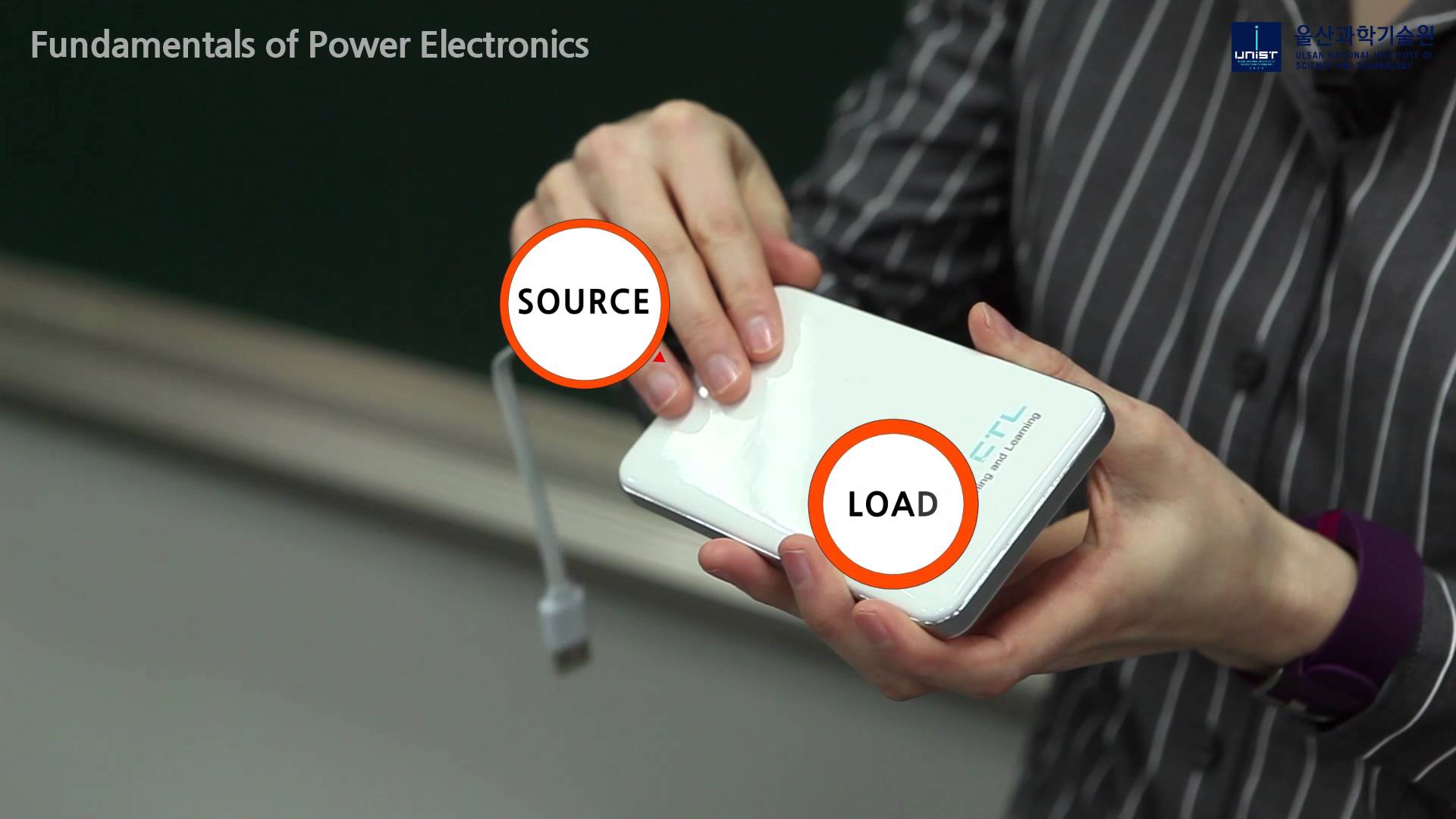Nexperia expands Clip-bonded FlatPower diodes

New automotive CFP2-HP devices include 45 V, 60 V and 100 V Trench Schottky rectifiers
Semiconductor company Nexperia has released 14 rectifiers for power applications in its new CFP2-HP (Clip-Bonded FlatPower) packaging. Available in standard and AECQ-101 versions, these include 45 V, 60 V and 100 V Trench Schottky rectifiers (with 1 and 2 A options) including the PMEG100T20ELXD-Q, a 100 V, 2 A Trench Schottky barrier rectifier. For applications requiring hyperfast recovery Nexperia has also added the 200 V, 1 A PNE20010EXD-Q rectifier to the portfolio.
In modern car architectures the number of electronic control units (ECU) is gradually being reduced in favour of fewer high performing, feature-rich ECUs responsible for front axle, rear axle and body control. As a result, the component density of these units is dramatically increasing and in order to realize these higher density designs, manufacturers increasingly rely on modern multilayer PCBs. The vertical thermal design on these multilayer PCBs enables designers to save up to 75 percent of board space with CFP2-HP compared to using a device in a SMA package, while still maintaining the same level of electrical performance. This rugged package design enables longer operating times and better board level reliability, while the new lead shape improves automatic optical inspection (AOI).
“With the switch to smaller packages like CFP being now well underway, Nexperia is aiming to be the driving force that further accelerates this transition” according to Frank Matschullat, product group manager Power Bipolar Discretes at Nexperia. “Nexperia has invested heavily to expand its capacity to serve the growing demand for CFP-packaged products stays well ahead of market projections for the next three years. These diodes are the latest additions to over 240 CFP-packaged products which Nexperia currently offers.”
Today, CFP packaging is used by different power diode technologies such as Nexperia’s Schottky, silicon germanium and recovery rectifiers but can also be extended to bipolar transistors. It offers significant product diversity, covering single/dual configuration and currents between 1-20 A, simplifying board design



































